Confused by Nutrition Research? Sloppy Science May Be to Blame
The New York Times

In the book, “Unsavory Truth: How Food Companies Skew the Science of What We Eat,” Marion Nestle, emerita professor of nutrition at New York University, discusses how the unstated goal of most company-sponsored studies is to increase the bottom line.

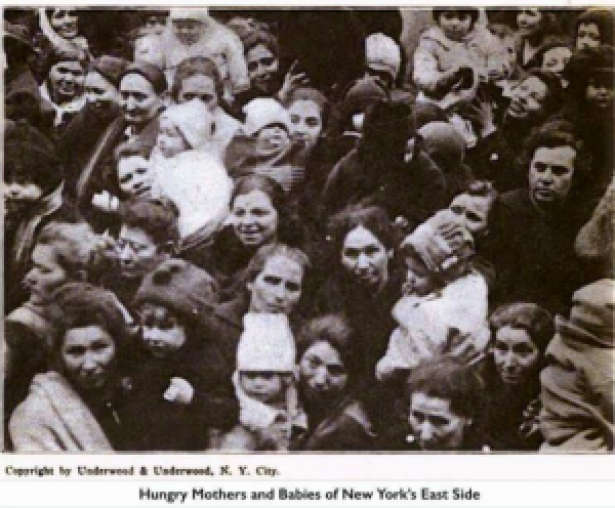

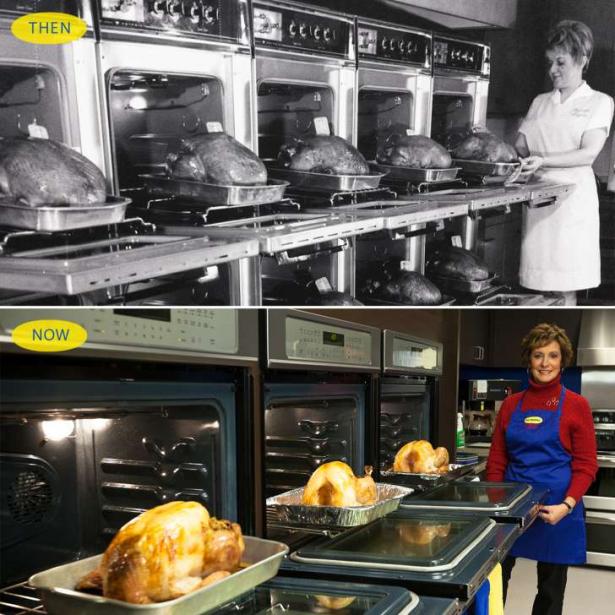


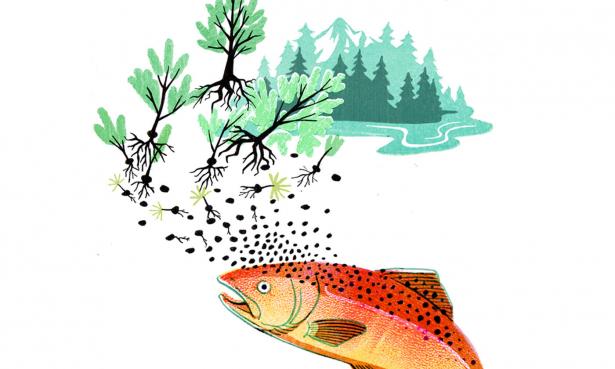
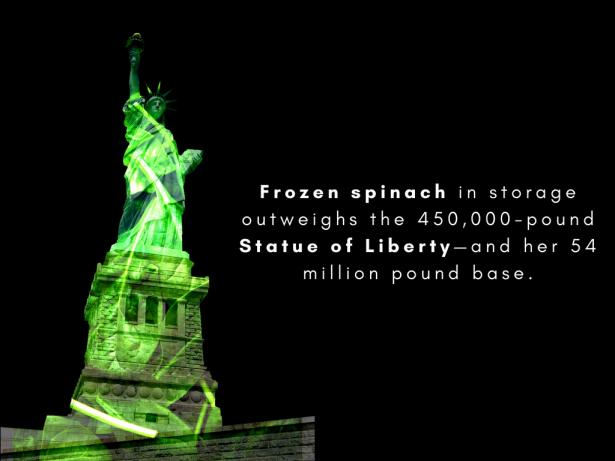
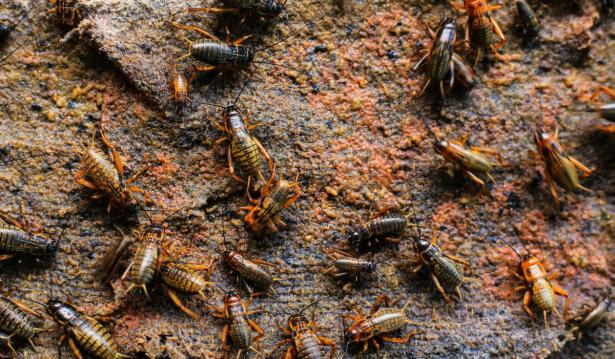
Spread the word